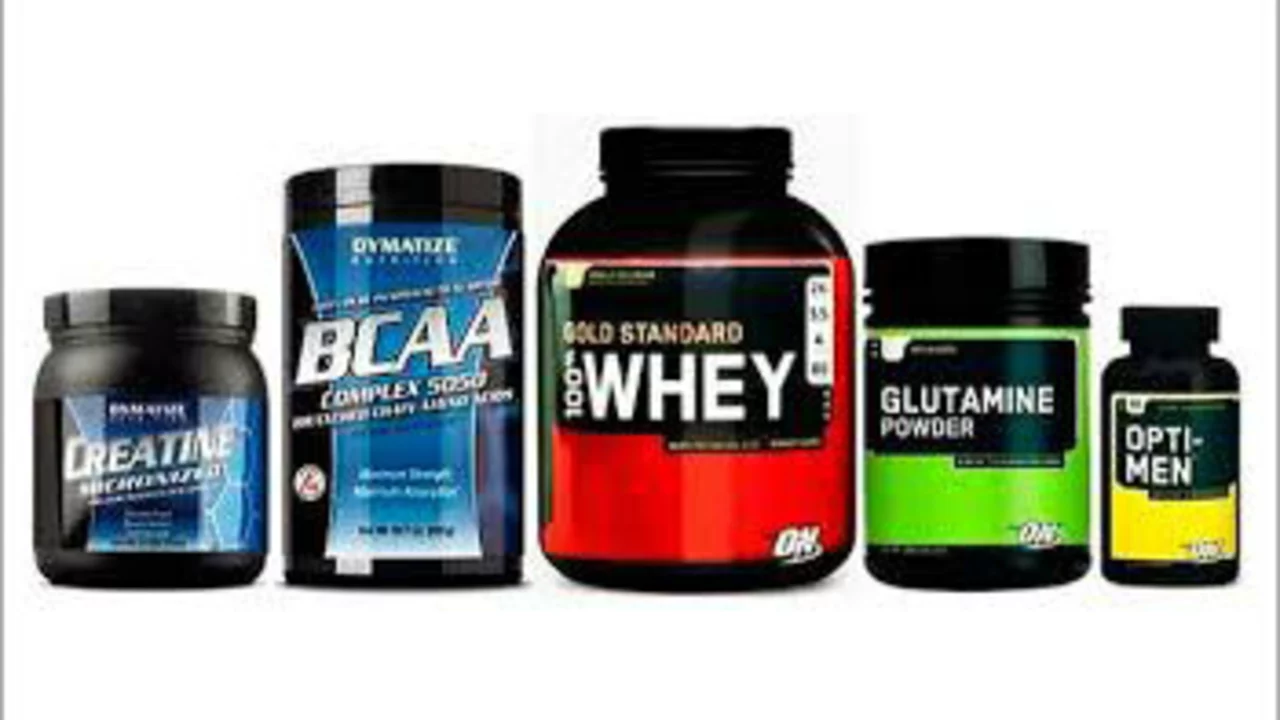Tomato Dietary Supplements — August 2023 Roundup
In August 2023 we focused on one clear topic: tomato dietary supplements and what they actually do for your health. If you saw the post "Tomato Dietary Supplements 101," you already know it breaks down lycopene benefits, simple usage tips, and things to watch for. Here’s a short, useful summary so you can act on what matters fast.
What the August post covered
The article explained why tomatoes are more than a salad topping. The main active compound is lycopene — an antioxidant linked to lower oxidative stress and better skin resilience in some human studies. The post lists common benefits people look for: skin support, general antioxidant protection, and adding lycopene when diet falls short.
It also gave practical points: tomato supplements are not a miracle cure, they work best as part of a balanced diet, and whole-food sources (cooked tomatoes, sauces) increase lycopene absorption because it’s fat-soluble. The piece kept it real — supplementing makes sense if you don’t eat many tomatoes or want a reliable daily dose.
How to pick and use tomato supplements
Want one you can trust? Check the label for standardized lycopene amount and look for third-party testing (USP, NSF, or equivalent). Typical supplemental lycopene doses in consumer products range from about 6 mg to 15 mg per day. Start on the lower end and see how you feel. If you’re pregnant, nursing, or on medication, talk to your healthcare provider before starting anything new.
Timing matters: take tomato supplements with a meal that contains a little fat — olive oil, avocado, or nuts — to help your body absorb lycopene. Store bottles in a cool, dry place and note expiration dates. If a product promises extreme results or pairs lycopene with many unfamiliar additives, be skeptical.
Any side effects? Most people tolerate tomato supplements well. Rarely, high doses can cause gastrointestinal upset or change urine color slightly. If you notice unusual symptoms or allergic reactions, stop taking it and check with a clinician. Also tell your doctor about supplements if you take blood-thinners or other prescribed drugs, since interactions are possible.
Price matters. August’s post nudged readers to compare prices and read customer reviews. A mid-range, tested product usually gives the best balance of safety and value. If you prefer whole foods, canned tomato sauce or cooked tomatoes with olive oil are budget-friendly ways to boost lycopene intake.
Got questions about a brand or dose you saw online? Drop the name and the label details and we’ll help you check it. The August roundup was short, practical, and aimed at helping you decide if tomato supplements fit your routine — no hype, just usable tips.
Hey there, health enthusiasts! I've just delved into the saucy world of tomato dietary supplements and boy, is it a juicy topic! Packed full of lycopene, these little red powerhouses are nature's answer to boosting your health. From fighting off free radicals to giving your skin that sought-after glow, they're like tiny superheroes in a bottle. So, whether you're a salad lover or not, it's about high 'thyme' we ketchup on this fantastic health trend!

